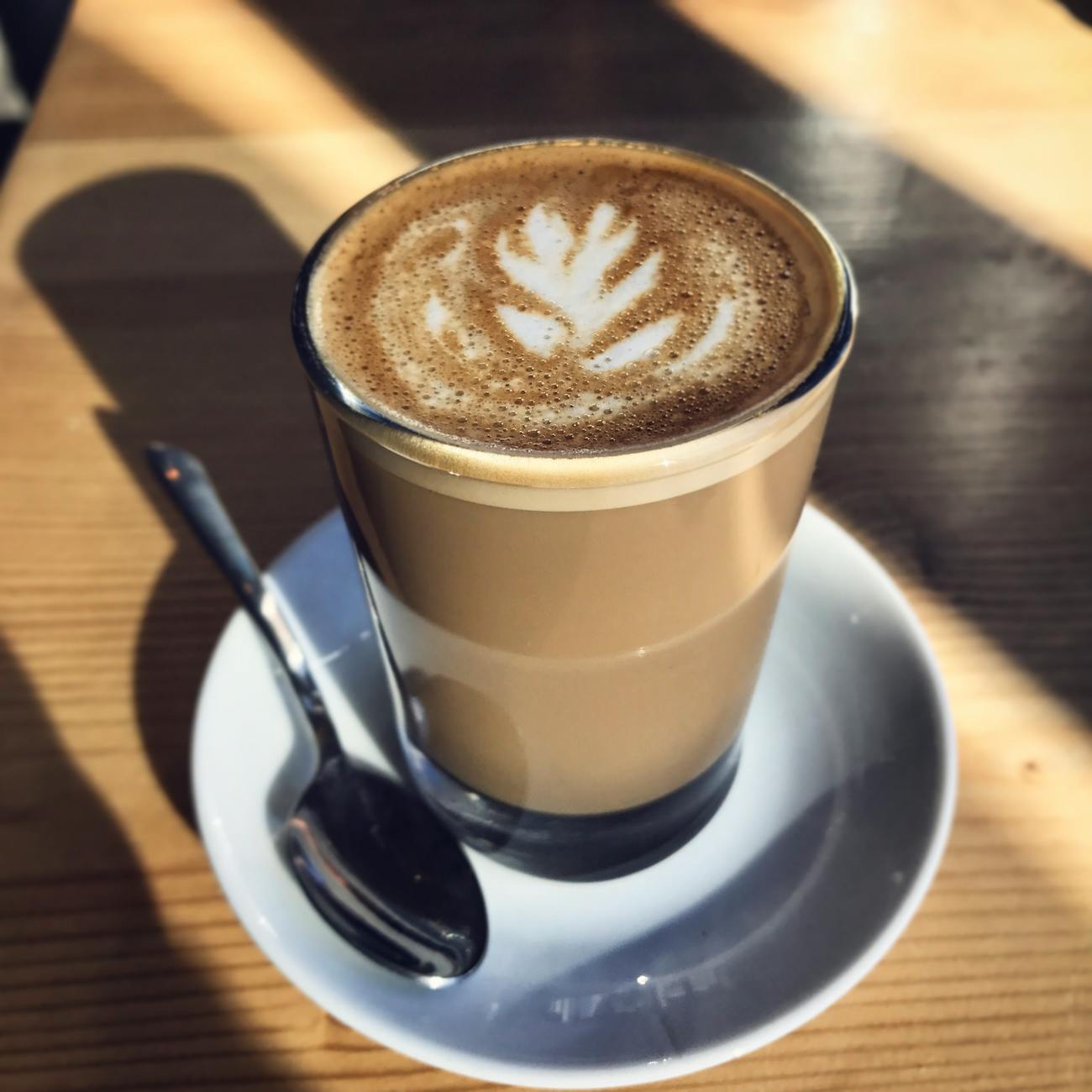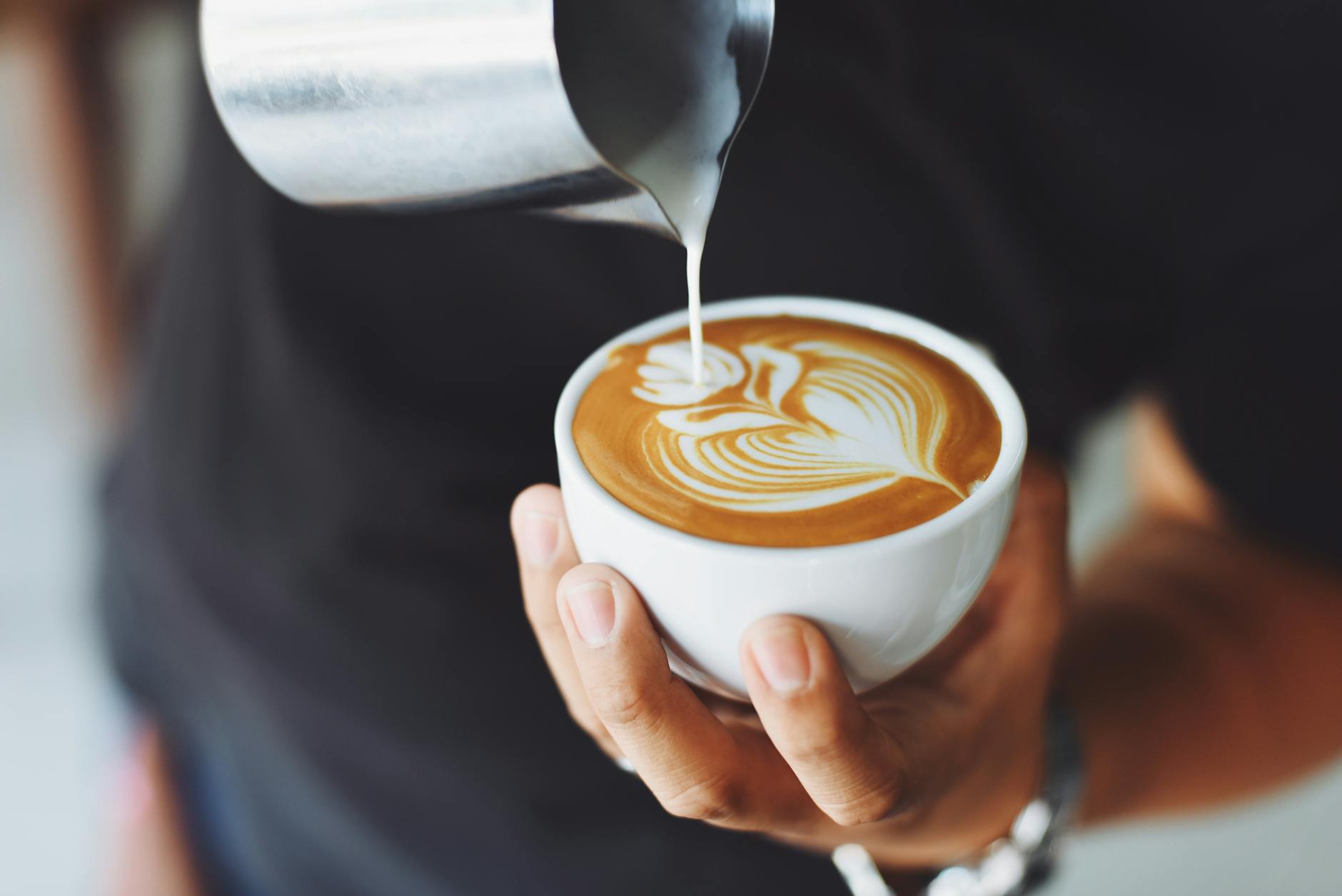Coffee Culture: Exploring Flavours and Traditions


Coffee is more than just a beverage; it's a global phenomenon steeped in rich traditions and diverse flavours that have captivated people for centuries. From bustling cafes in cosmopolitan cities to serene coffee plantations in remote regions, coffee culture reflects the unique rituals, social interactions, and craftsmanship associated with this beloved drink. Join us as we explore the fascinating world of coffee, from its origins to modern-day trends.
Origins and History
The journey of coffee began in the ancient coffee forests of Ethiopia, where legend has it that a goat herder named Kaldi discovered the stimulating effects of coffee beans after noticing his goats became lively upon consuming them. This discovery spread to the Arabian Peninsula, where coffee cultivation and trade flourished in places like Yemen and eventually reached Europe, sparking the establishment of coffeehouses that became centres of social and intellectual exchange.
Cultural Significance
Coffee has woven itself into the fabric of cultures worldwide, each region embracing its unique coffee traditions and rituals. In Italy, espresso is a cornerstone of daily life, enjoyed swiftly at cafes as a morning ritual or an afternoon pick-me-up. In Turkey, coffee is brewed in a cezve, a small pot, and enjoyed in small cups accompanied by lively conversation and perhaps a sweet treat. In Scandinavia, coffee breaks known as "fika" are cherished moments to socialise over a cup of strong, brewed coffee and pastries.
Global Varieties and Flavours
The diversity of coffee varieties and flavours is as vast as the regions where it is grown. Arabica and Robusta are the two main species of coffee beans, each offering distinct flavours and characteristics. Arabica beans are celebrated for their smoothness, acidity, and nuanced flavours that range from fruity to floral, while Robusta beans are prized for their boldness, higher caffeine content, and earthy, bitter notes.
Craftsmanship and Brewing Methods
Coffee preparation is an art form that varies across cultures and personal preferences. From the precision of espresso machines used in specialty coffee shops to the simplicity of pour-over methods and French presses, brewing techniques influence the taste and aroma of coffee. Each method emphasises different aspects of the coffee beans, whether it's the intensity of espresso, the clarity of pour-over, or the full-bodied richness of French press coffee.
Modern Trends and Innovations
In the contemporary coffee landscape, innovation and sustainability are driving forces shaping coffee culture. Third-wave coffee movements focus on quality, transparency, and direct relationships between farmers and consumers. Specialty coffee roasters meticulously source beans from single-origin farms, highlighting the unique terroir and flavour profiles of coffee regions. Additionally, cold brew coffee, nitro coffee, and alternative milk options cater to evolving consumer preferences for health-conscious and dairy-free alternatives.
The Social Experience
Beyond its taste and aroma, coffee fosters social connections and communal experiences. Coffeehouses serve as gathering places where people come together to work, socialise, or simply enjoy a moment of solitude with a good book. Baristas, skilled in their craft, create personalised coffee experiences, whether it's recommending a new blend or crafting intricate latte art that delights and inspires.
Health Benefits and Rituals
Coffee is not just a beverage but also a source of potential health benefits when consumed in moderation. Studies suggest that coffee may have antioxidant properties, improve cognitive function, and even reduce the risk of certain diseases. Coffee rituals, such as the Japanese tea ceremony-inspired coffee preparation or the morning coffee ritual that signals the start of the day, contribute to its significance in daily life around the world.
Sustainability and Ethical Practices
As consumer awareness grows, there is an increasing emphasis on sustainable coffee practices and ethical sourcing. Fair trade certifications ensure that coffee farmers receive fair wages and work under safe conditions, while organic certifications promote environmentally friendly farming practices that preserve biodiversity and soil health. Initiatives promoting shade-grown coffee and reforestation efforts contribute to the preservation of coffee ecosystems and biodiversity.
Educational Initiatives and Appreciation
Educational initiatives and coffee appreciation courses offer enthusiasts an opportunity to deepen their knowledge and appreciation of coffee. Coffee tasting sessions, known as cuppings, allow participants to explore the complexities of aroma, acidity, body, and flavour notes present in different coffee beans. Understanding the nuances of coffee enhances the enjoyment of this versatile beverage and fosters a deeper connection to coffee culture.
Future Trends in Coffee Culture
Looking ahead, coffee culture continues to evolve with advancements in technology, changing consumer preferences, and global challenges such as climate change. Sustainable farming practices, innovative brewing methods, and digital platforms connecting coffee enthusiasts worldwide are shaping the future of coffee culture. As coffee remains an integral part of daily life for millions, its enduring appeal lies in its ability to bring people together and celebrate the artistry and diversity of this beloved beverage.
In conclusion, coffee culture is a celebration of flavours, traditions, and community that transcends borders and generations. Whether sipped in a bustling city cafe or enjoyed amidst the tranquillity of a coffee farm, coffee embodies the art of craftsmanship, the joy of shared moments, and the timeless allure of a well-brewed cup. Join the journey through coffee culture and discover a world of flavours waiting to be explored.